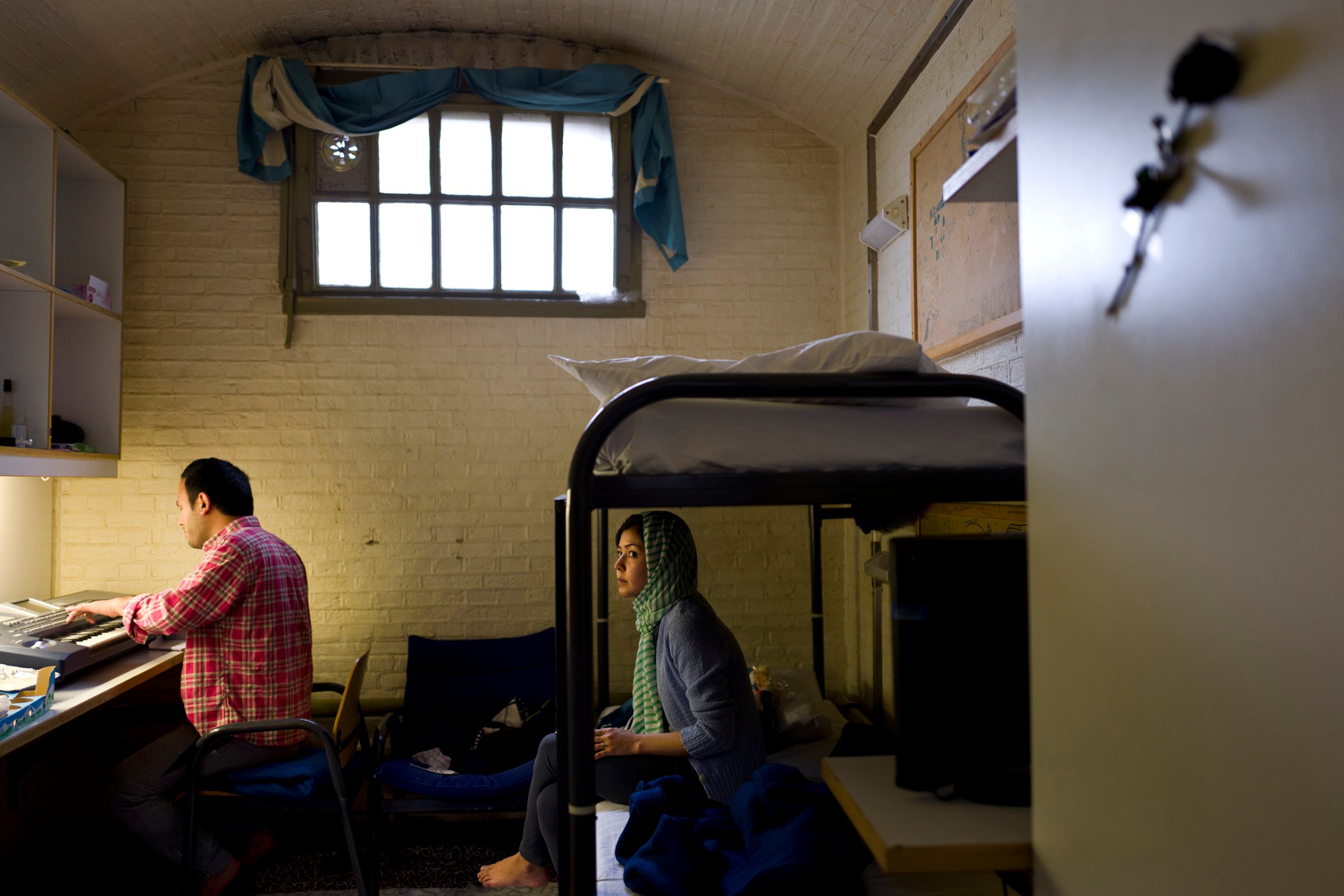
After more than 1 million people streamed into Europe last year, as part of the largest global migrant crisis since World War II, one question was on minds around the world: “What happens next?”
Some who had made the treacherous journey were sent back, making their voyages all for naught. Hundreds of thousands were pushed deeper into Europe by governments eager to shift the weight. Some wound up in tiny towns, while others have moved to cities. And, in the Netherlands—a country to which nearly 60,000 people came last year—thousands are living in former prisons.
Muhammed Muheisen, the Associated Press’ chief photographer for the Middle East, Afghanistan and Pakistan, was in Amsterdam when he learned of this housing arrangement. Muheisen has made a career out of intimately documenting the daily lives of those forced from their homes and countries: Afghans living in the slums around Islamabad; Syrians who fled war for makeshift encampments in Syria, Jordan and Turkey; families living in squalor on the Greece-Macedonia border.
“I did the migrant trail but there’s all these questions about what happens when [the migrants] enter Europe. It doesn’t end there,” he told TIME. “I didn’t want to believe it myself that prisons became shelters.”
In April, after months of trying to gain access, he was granted an hour at the De Koepel facility in Haarlem, west of Amsterdam—which only served to convince him that he’d need hundreds more hours to do the story justice. Eventually, he received unlimited access to the complex; over the span of six weeks, he would visit three of the 12 former prisons that have become temporary shelters for asylum-seekers.
He would meet a young Afghan couple, a young Yezidi couple—the husband had been a barber in Sinjar, in northern Iraq—and a woman from Mongolia, who had come in search of a better life. Others hailed from China, having converted to Christianity. A Moroccan man, whose portrait Muheisen took, said the trip was do-or-die, because of his sexuality. (On Muheisen’s last day at the complex in May, that man told him he had been granted a five-year residency in the Netherlands.)
And, somewhat to his surprise, he found that the fact of living in a former prison did not seem to bother many of the residents. The main complaint Muheisen heard about life there was about the food. Each room at De Koepel can accommodate two people and includes a toilet and small refrigerator, the doors lock and residents can come and go as they please, as long as they check in every few days. Some are learning the local language—Muheisen would hear them say “good morning” and “thank you” in Dutch—and learning how to ride bicycles.
For Muheisen, this project is as much about exposing the unseen as it is about going beyond the initial news spark. “It’s a kind of story that has no beginning and no end,” he says. “It’s a story of the people.”
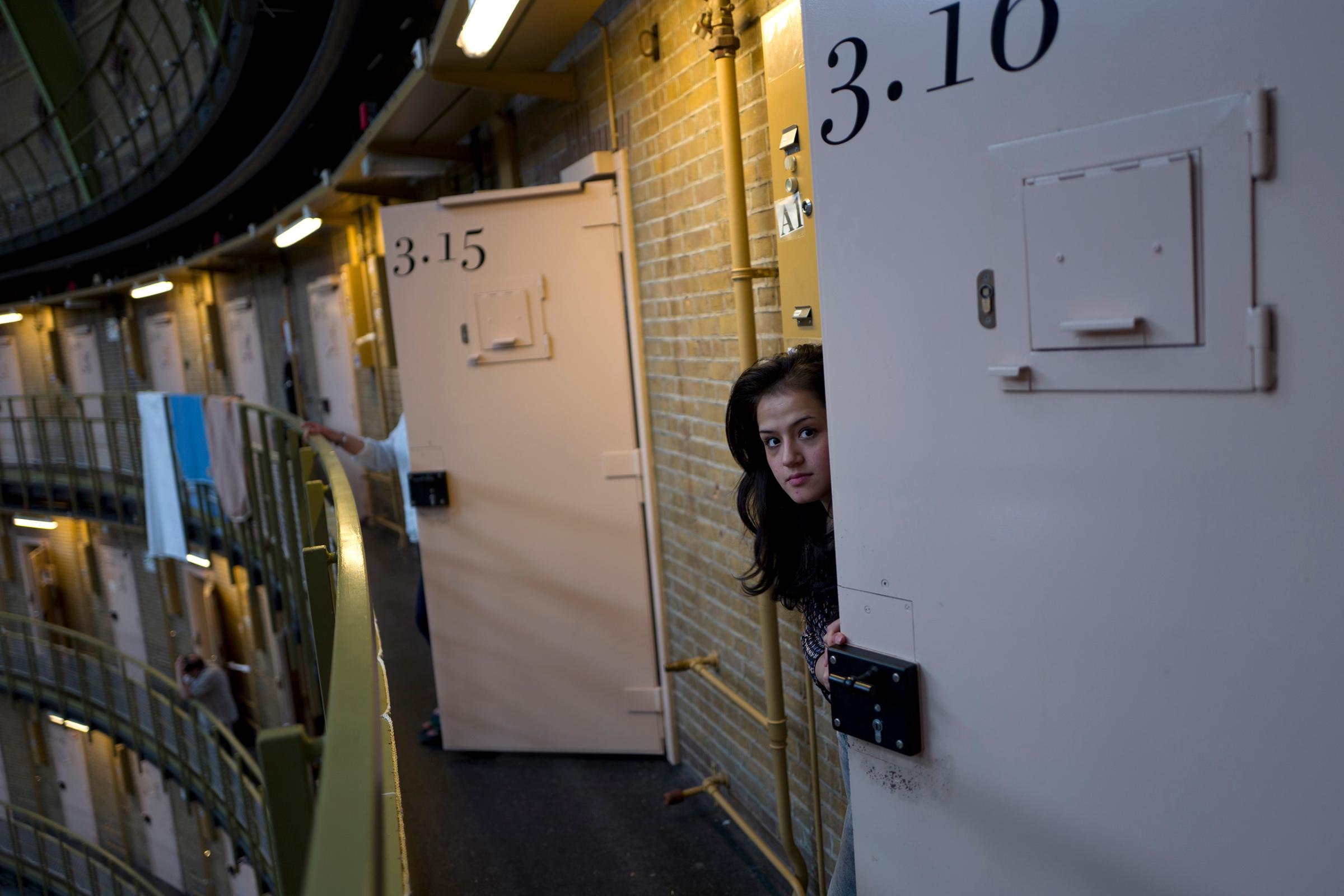
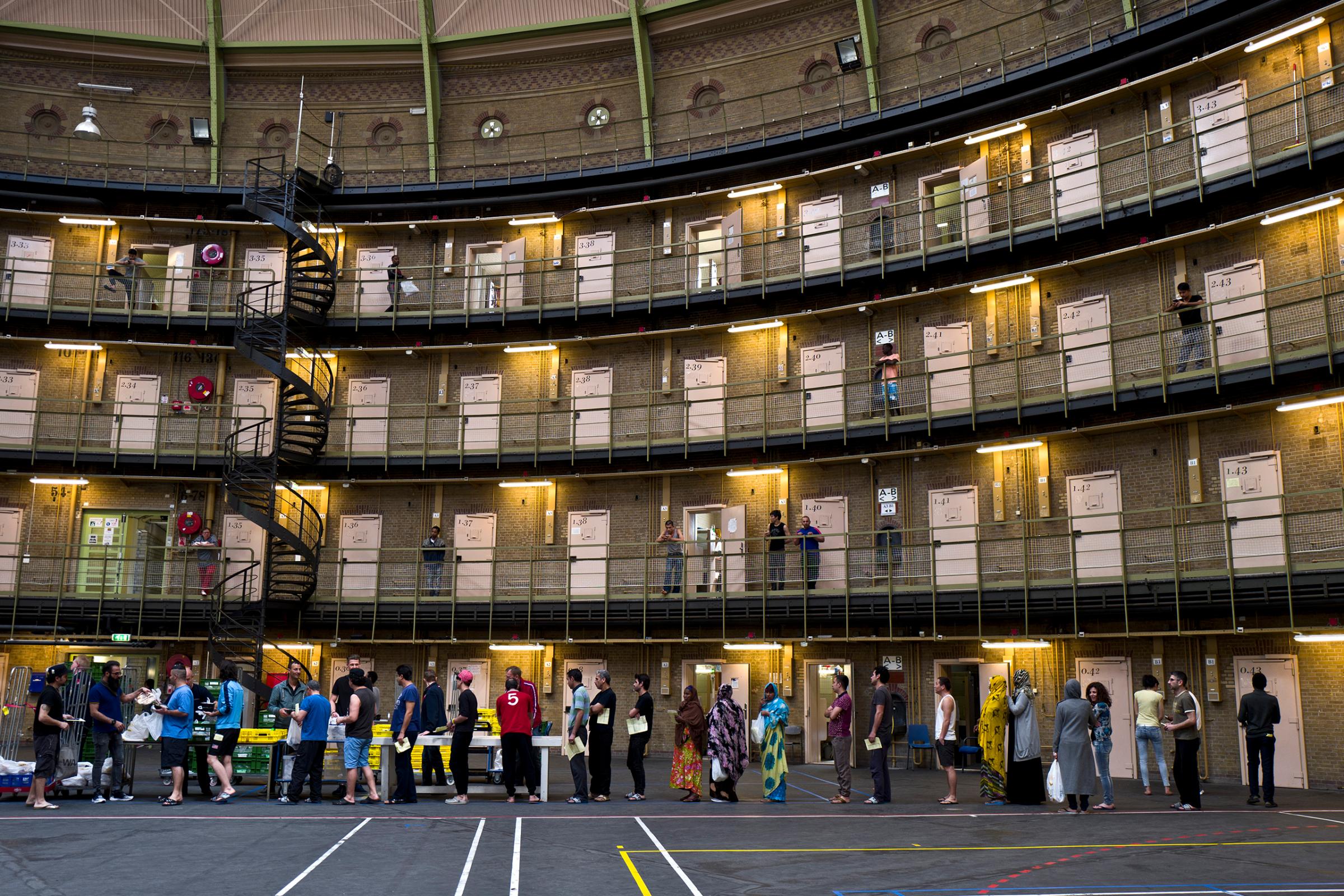
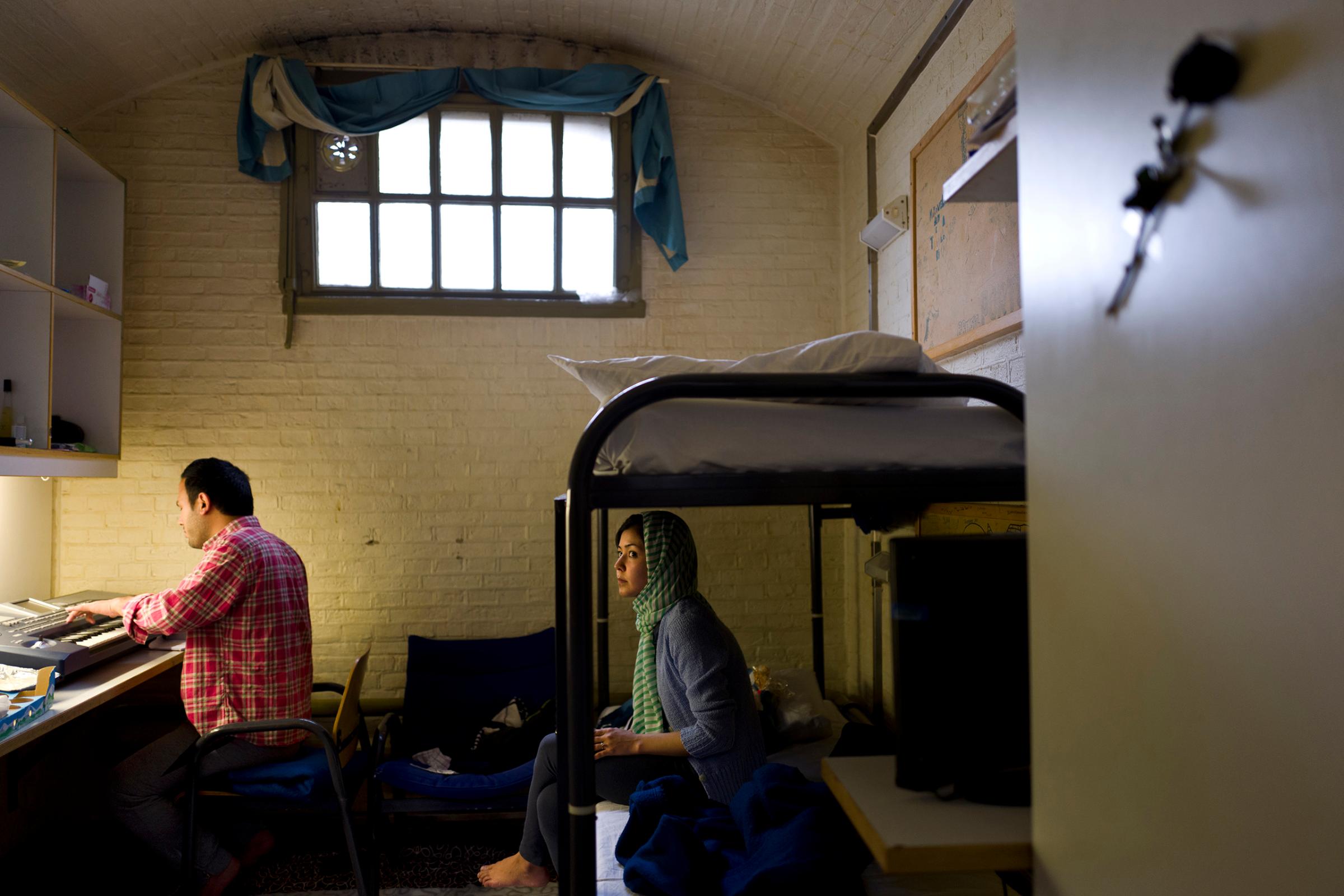
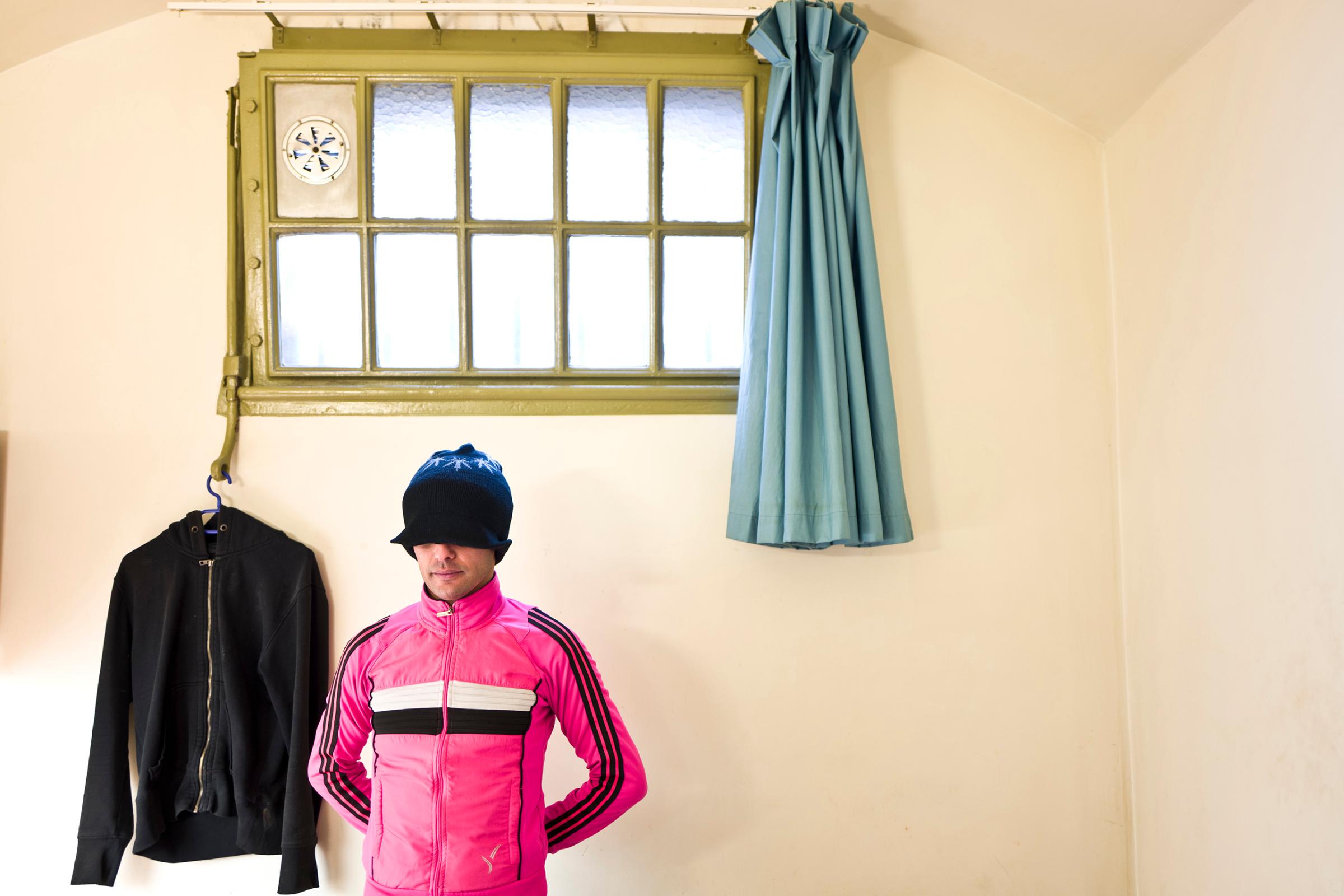
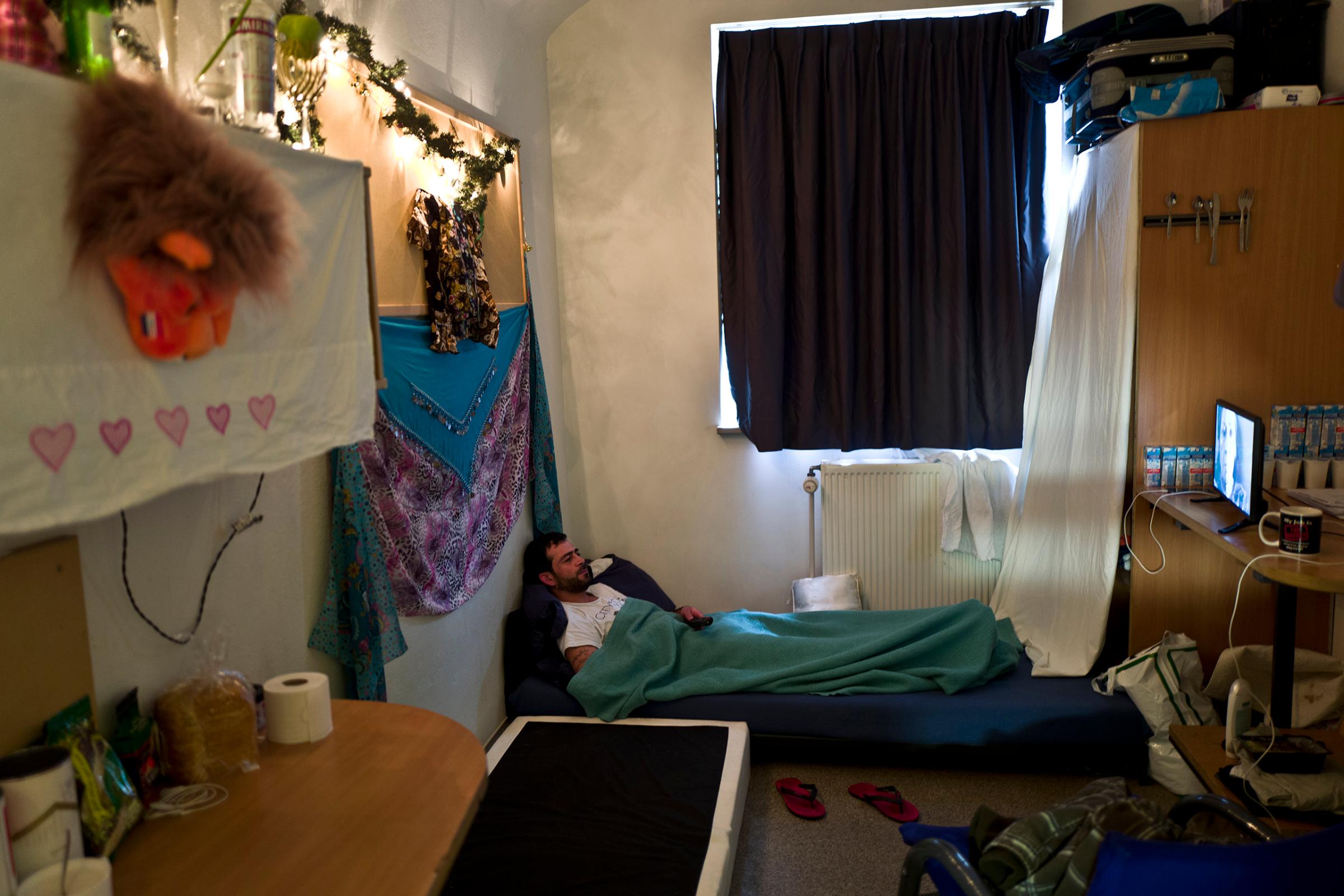
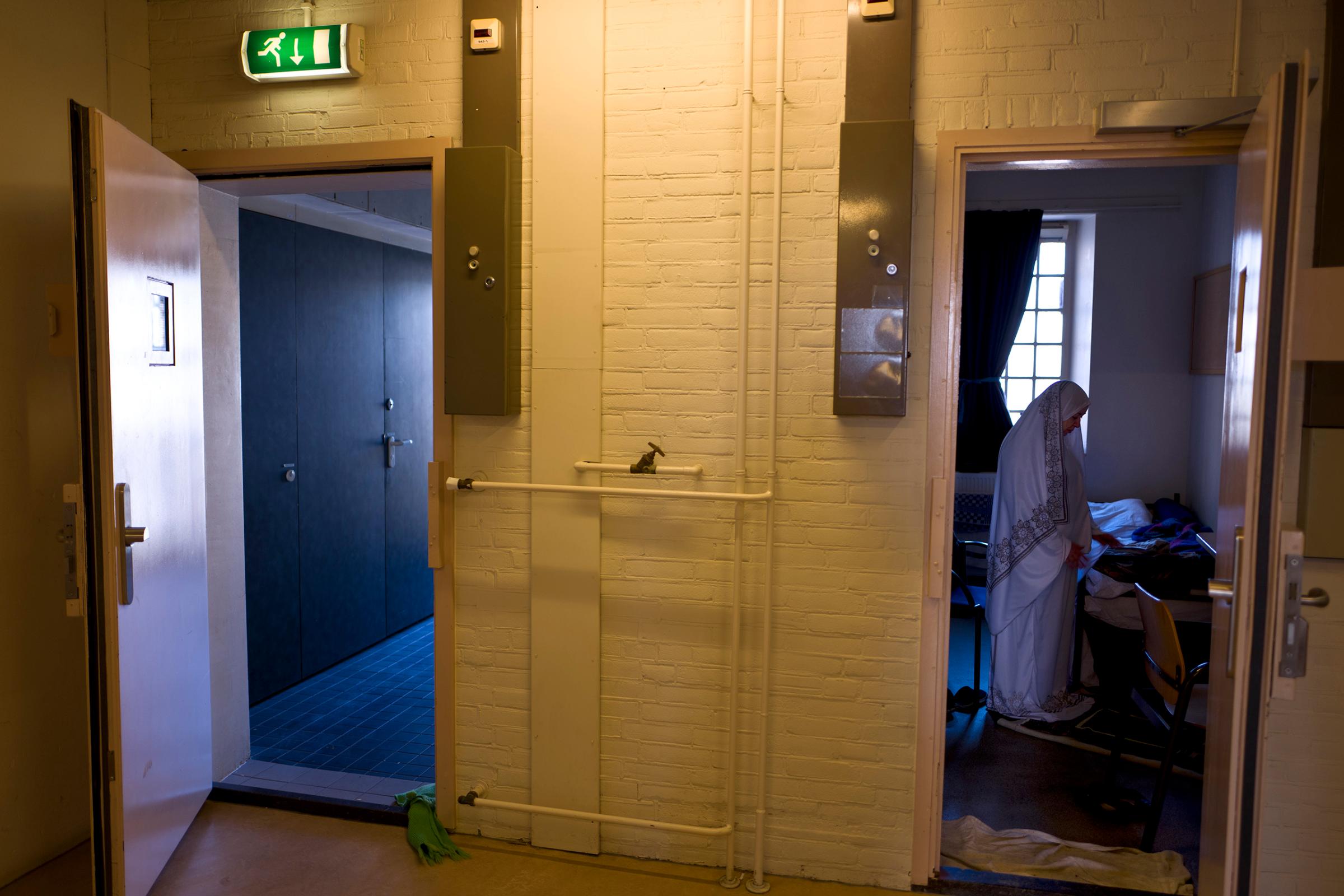
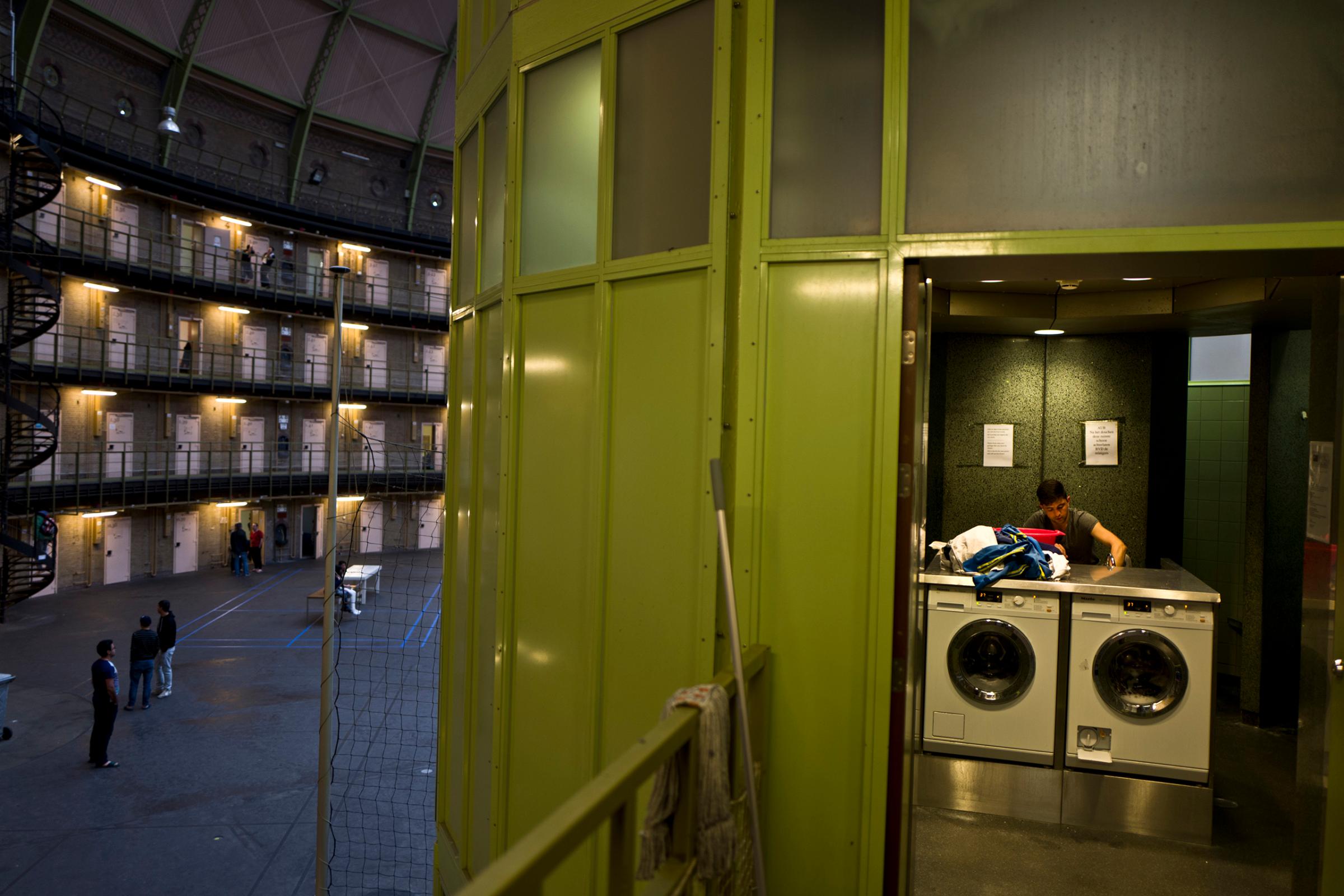
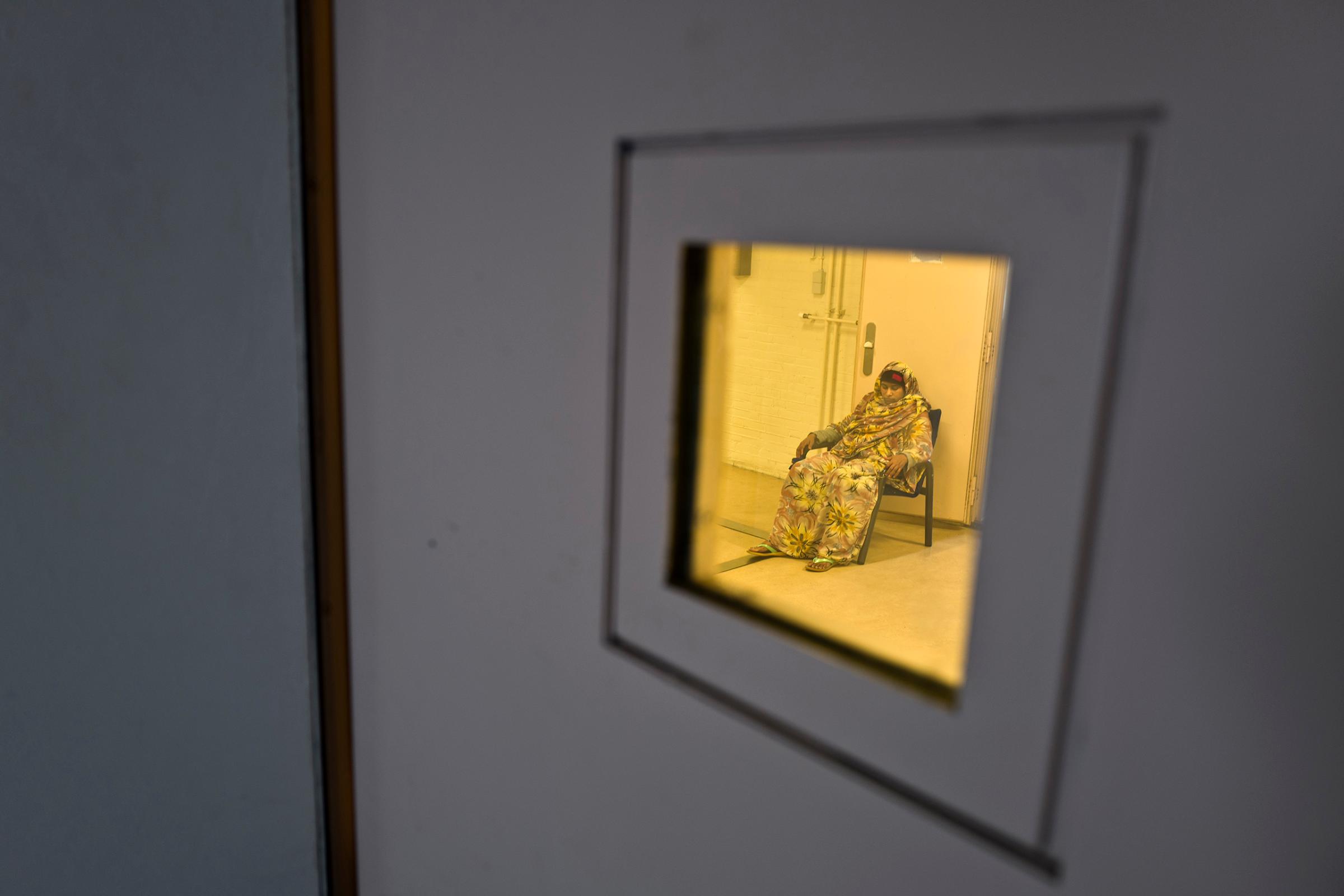
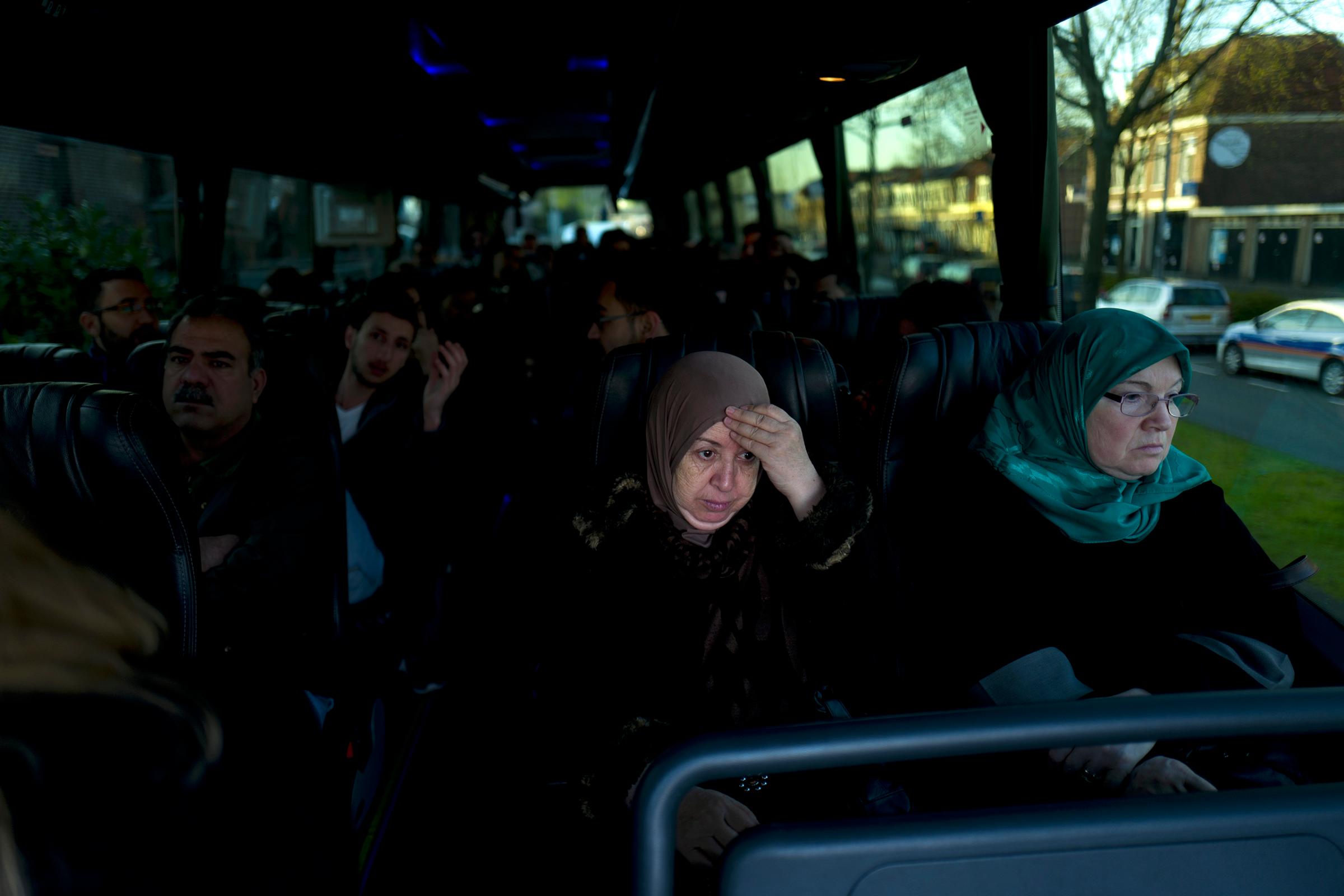
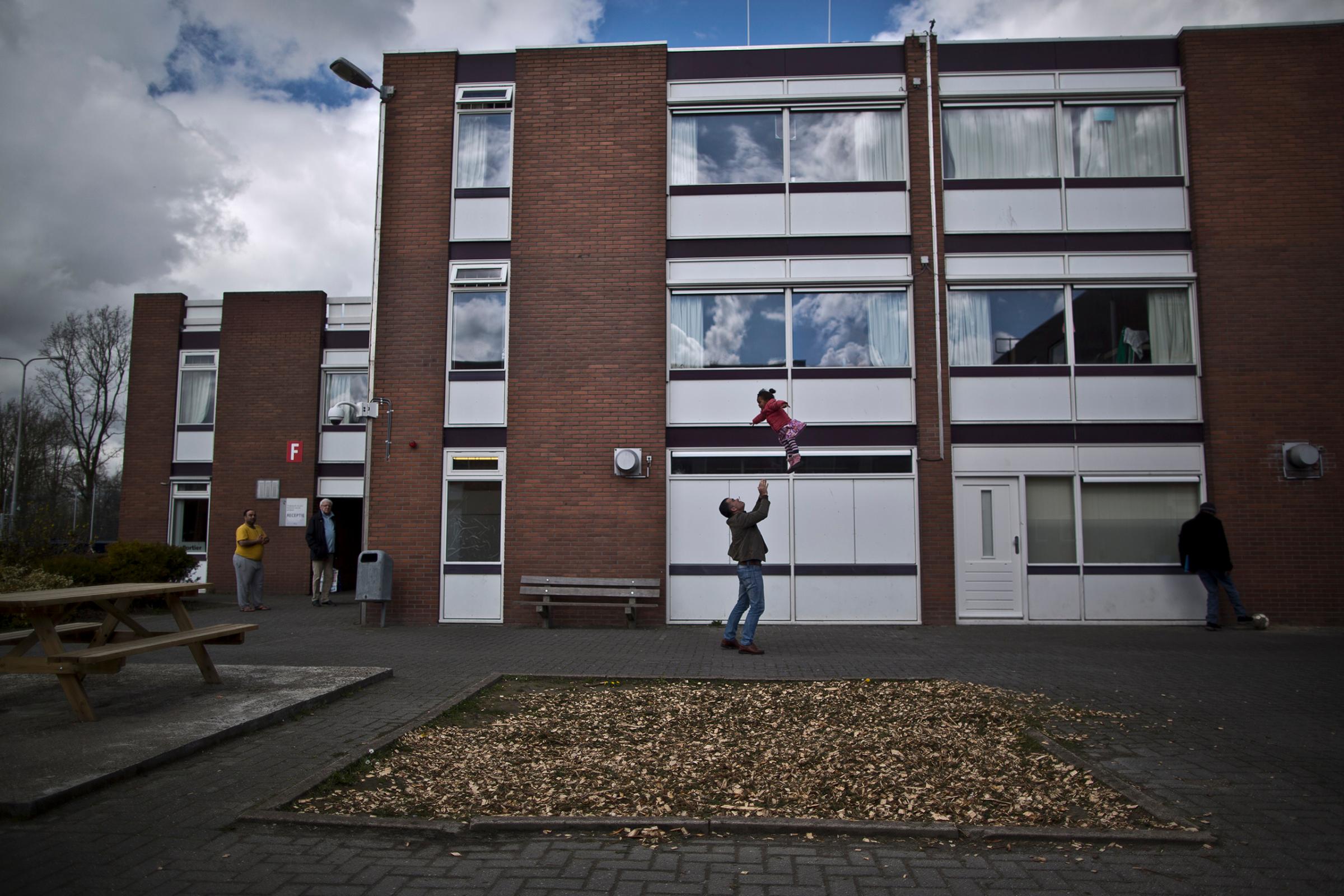
More Must-Reads From TIME
- The 100 Most Influential People of 2024
- The Revolution of Yulia Navalnaya
- 6 Compliments That Land Every Time
- What's the Deal With the Bitcoin Halving?
- If You're Dating Right Now , You're Brave: Column
- The AI That Could Heal a Divided Internet
- Fallout Is a Brilliant Model for the Future of Video Game Adaptations
- Want Weekly Recs on What to Watch, Read, and More? Sign Up for Worth Your Time
Contact us at letters@time.com